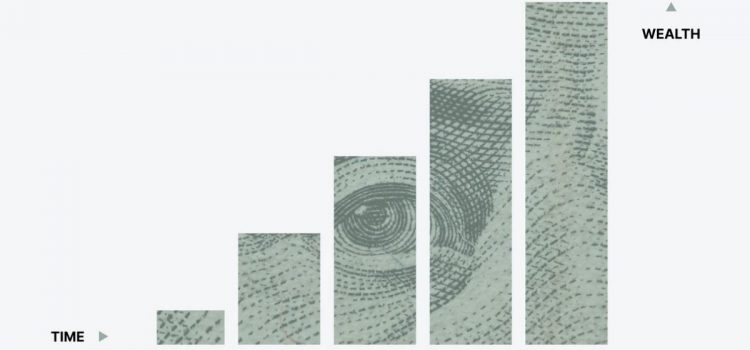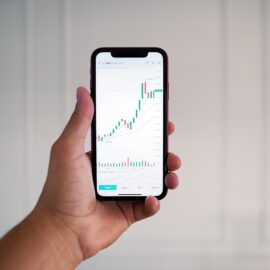

This article is an excerpt from the Shortform book guide to "The Psychology of Money" by Morgan Housel. Shortform has the world's best summaries and analyses of books you should be reading.
Like this article? Sign up for a free trial here .
Did you know that you can use your money to make more money? How does putting even a small amount into an account that accrues compound interest help you grow your money?
In his book The Psychology of Money, Morgan Housel discusses the power of compound interest. The key to maximizing your returns, Housel explains, is to invest as soon as possible and let your money grow over time.
Here’s why compound interest is the best way to maximize your income and build wealth.
Take Advantage of Compounding
The longer you invest, the more money you make because returns compound—that is, they build on previous returns to make ever-increasing returns. Housel recommends that you take advantage of compounding by finding investments that return solid, consistent results over time. He argues that ultimately, this strategy will make you the most money.
He argues that because of the power of compound interest, how long you invest is the most important factor determining your investment success—even more than other factors that seem intuitively important, like your annual returns. Housel illustrates this point with the stories of James Simons and Warren Buffett. Hedge fund executive James Simons is arguably the world’s best investor: Since 1988, his annual returns have compounded at 66%—three times the rate of Buffett’s investments. However, Buffett is 75% wealthier than Simons. This is because Simons only started achieving his 66% rate when he was 50, while Buffett has been earning 22% a year since he was 10 years old. Buffett is wealthier not because he’s a better investor, but because he’s been investing for much longer.
(Shortform note: Buffett and Simons are also good examples of the difference between what journalist David Epstein calls specialists, who master one professional field, and generalists, who have broad competence in many professional fields. Buffett has been investing his entire life; Simons had a successful career as a mathematician and codebreaker before embarking on an investing career in his 40s. In Range, Epstein suggests that being a generalist is a more reliable path to success than being a specialist. But the stories of Buffett and Simons prove that you can achieve success both ways.)

———End of Preview———
Like what you just read? Read the rest of the world's best book summary and analysis of Morgan Housel's "The Psychology of Money" at Shortform .
Here's what you'll find in our full The Psychology of Money summary :
- Why the key to financial success lies in understanding human behavior
- How to make better financial decisions
- How chance plays a bigger role in our financial lives than we think






